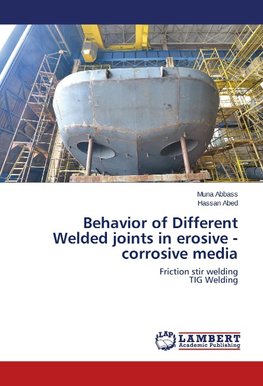
-
 Anglický jazyk
Anglický jazyk
Behavior of Different Welded joints in erosive - corrosive media
Autor: Muna Abbass
Aluminum alloys (6XXX series) are widely used in the structural components of automotive and construction industries as they show a good combination of formability, corrosion resistance, weldability, and final mechanical properties. In this study two different... Viac o knihe
Na objednávku, dodanie 2-4 týždne
50.85 €
bežná cena: 56.50 €
O knihe
Aluminum alloys (6XXX series) are widely used in the structural components of automotive and construction industries as they show a good combination of formability, corrosion resistance, weldability, and final mechanical properties. In this study two different welding processes have been considered: a conventional tungsten inert gas (TIG) and a relatively new solid state welding known as friction stir welding. Friction stir welding is carried out using automatic milling machine under five different welding speeds of (25-50-80-100-125 mm/min) and five different tool rotation speeds of (630-800-1000-1250-1600 rpm). Tool steel of type R18 consists of a shoulder with diameter of (20 mm) and pin of diameter (5.5 mm). X-ray radiographic inspection, tensile test and microhardness test of FSW and TIG joints at optimum welding conditions were made. Erosion-corrosion tests with and without slurry were carried out in 3.5wt % NaCl solution and slurry solution of (3.5wt% NaCl +1wt% SiO2 as erodent) respectively were made to study the behavior of TIG and FSW welded joints in different corrosive environments.
- Vydavateľstvo: LAP LAMBERT Academic Publishing
- Rok vydania: 2014
- Formát: Paperback
- Rozmer: 220 x 150 mm
- Jazyk: Anglický jazyk
- ISBN: 9783659453991
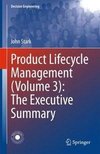

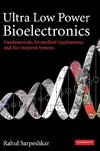


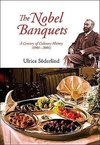




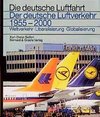
 Nemecký jazyk
Nemecký jazyk 